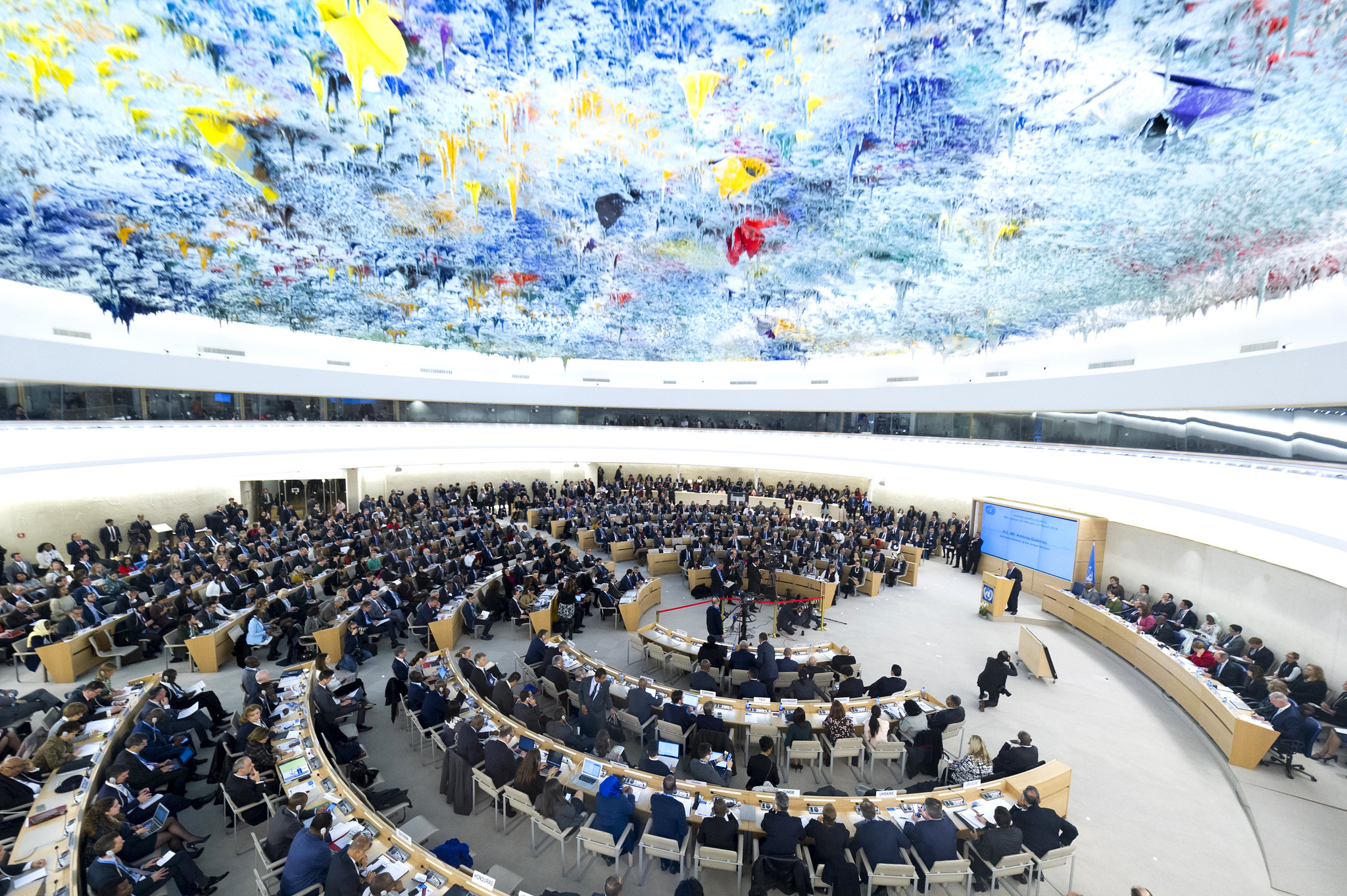United Nations Human Rights Council
58th Regular Session
ID with SR Counterterrorism
Item 3
Mr. President,
The ICJ welcomes the Special Rapporteur’s recommendations on civil society engagement in regional systems. In this connection, the ICJ draws the Council’s attention to counterterrorism laws which serve to violate human rights and fundamental freedoms of civil society actors in Venezuela and Eswatini.
In our engagement on Venezuela, the ICJ has identified the widespread use of anti-terrorism legislation and judicial procedures to prosecute dissent and other expression on spurious charges. Courts lacking in impartiality and independence have failed to respect fair trial rights in the prosecution of political opposition, human rights defenders, and journalists. Some have been arbitrarily detained in what amounts to a practice of short term enforced disappearances.
In Eswatini, the Suppression of Terrorism Act enables the Swazi authorities to undermine freedom of expression, including political dissent. The law in its current form serves to impair the rights to freedom of expression, association and peaceful assembly. The Act is overly broad and vague in formulation, and authorities have frequently used it to arbitrarily arrest and prosecute human rights defenders and suppress media, and to brand political activists and journalists as ‘terrorists.’ The Supreme Court of Eswatini recently upheld both the Suppression of Terrorism Act and provisions of the 1938 Sedition and Subversive Activities Act, which similarly has adverse human rights implications.
Special Rapporteur, in light of these situations could you comment on how regional systems in Latin America and Africa might better coordinate with the UN to address these long-lasting human rights concerns?
Thank you.
Statement delivered by: Hazel Rosenblum-Sellers, Legal Extern
For more information, contact: Sandra EPAL-RATJEN, Sandra.epal@icj.org
Download
The full ICJ statements is available for download here.
Watch





